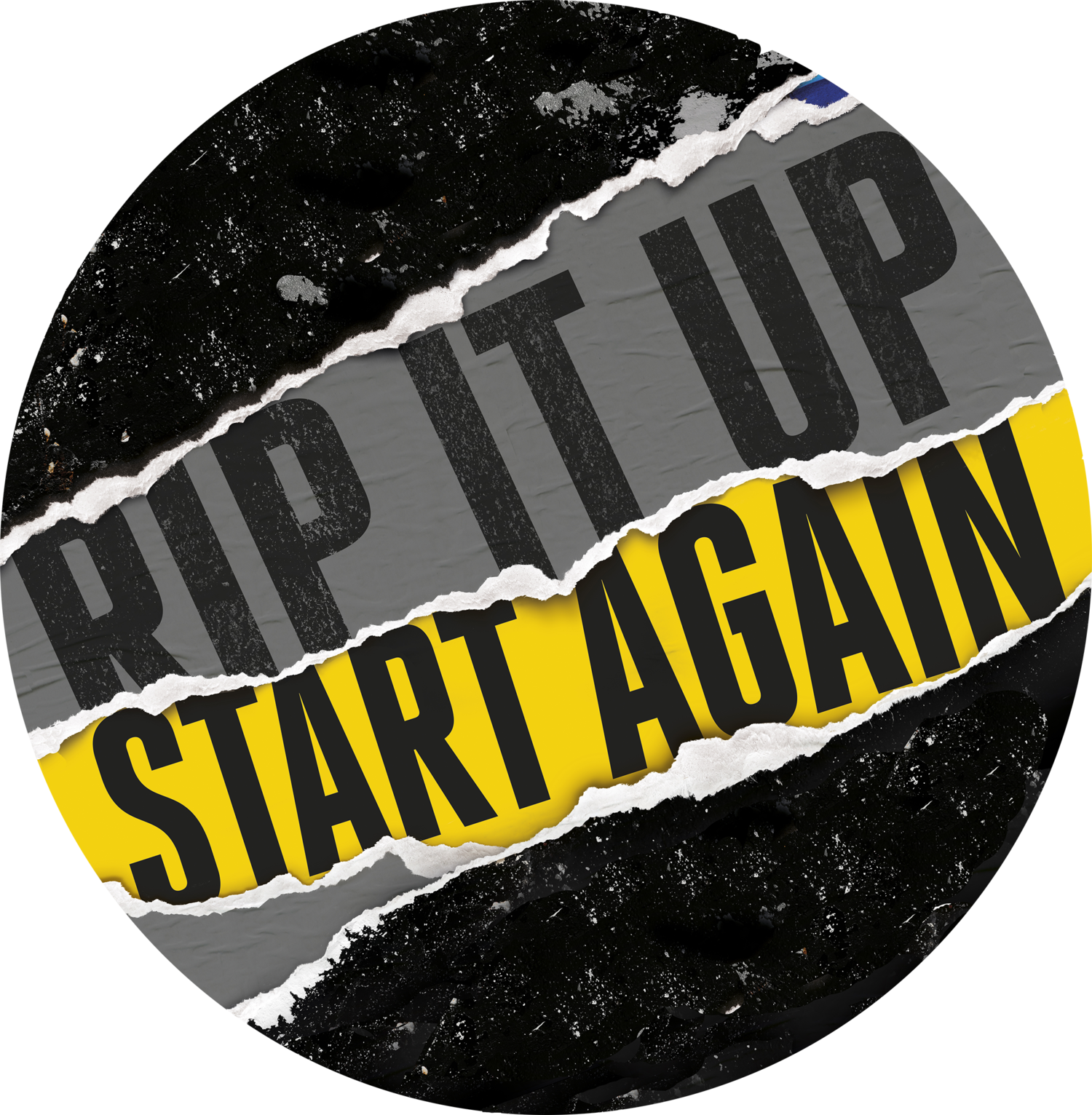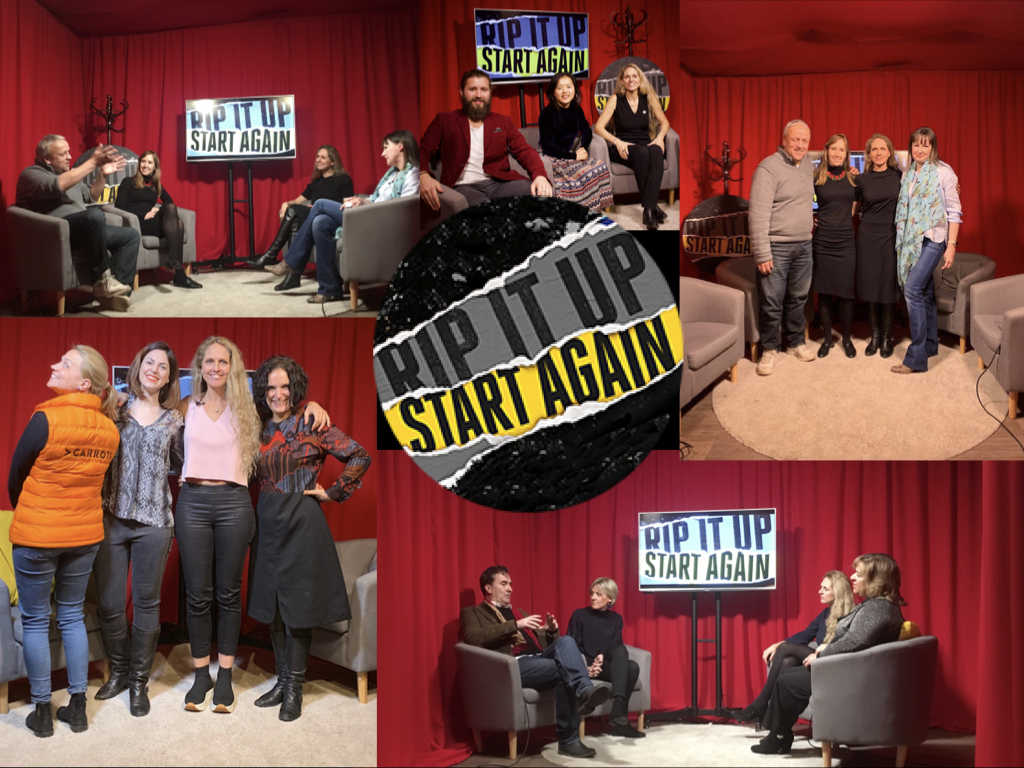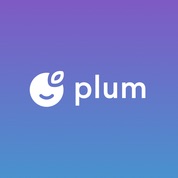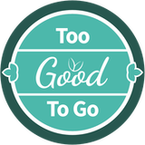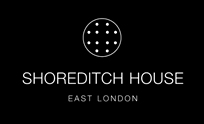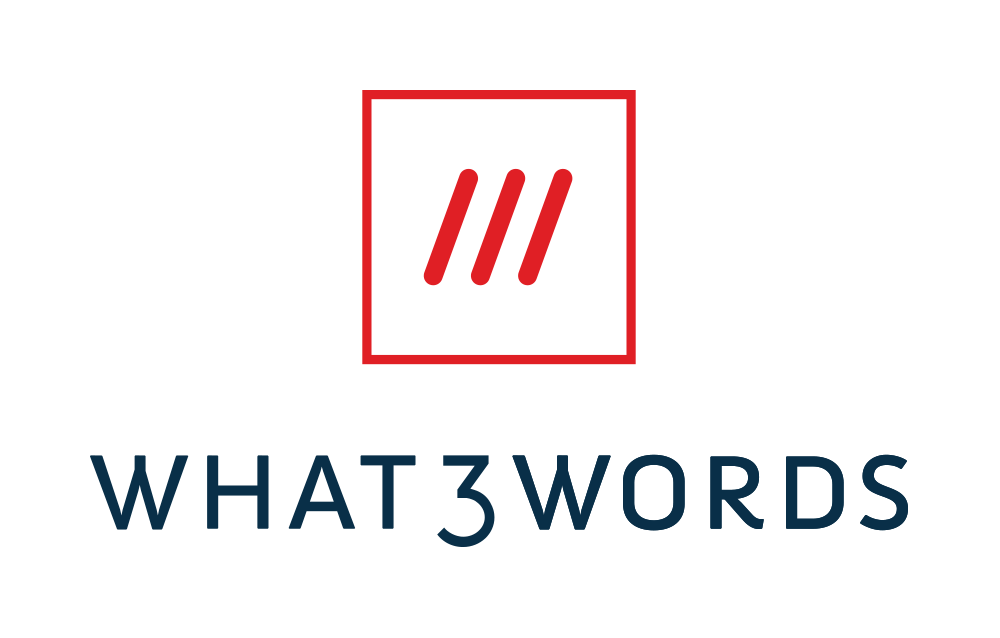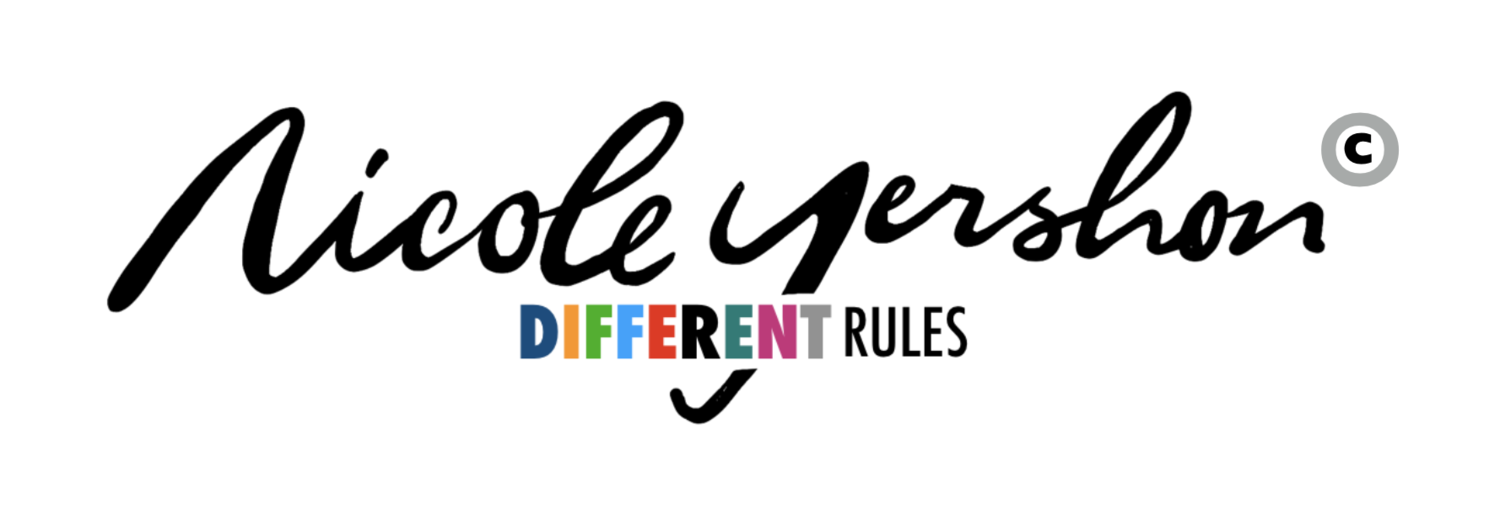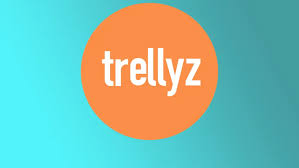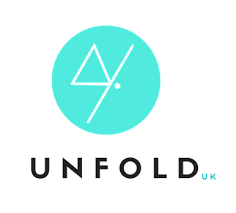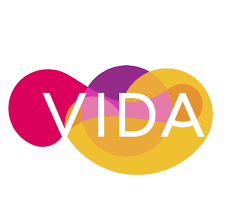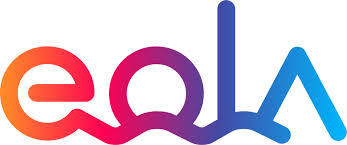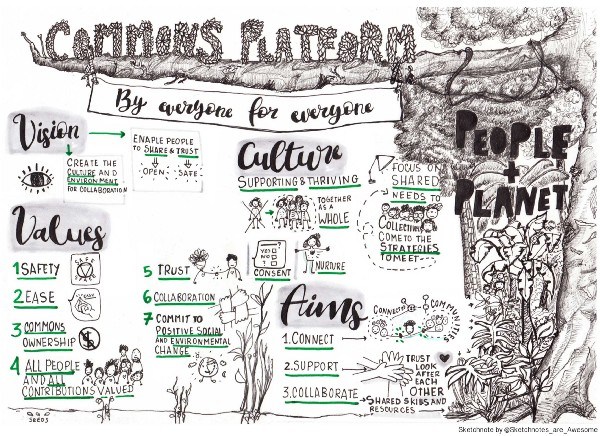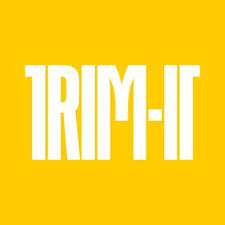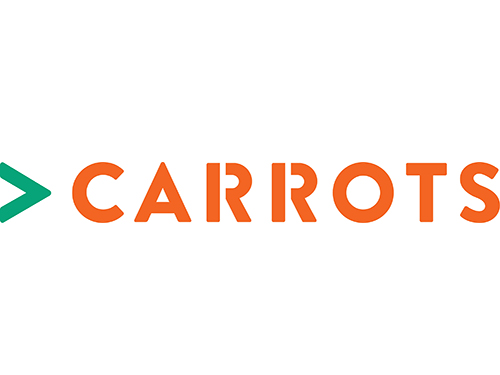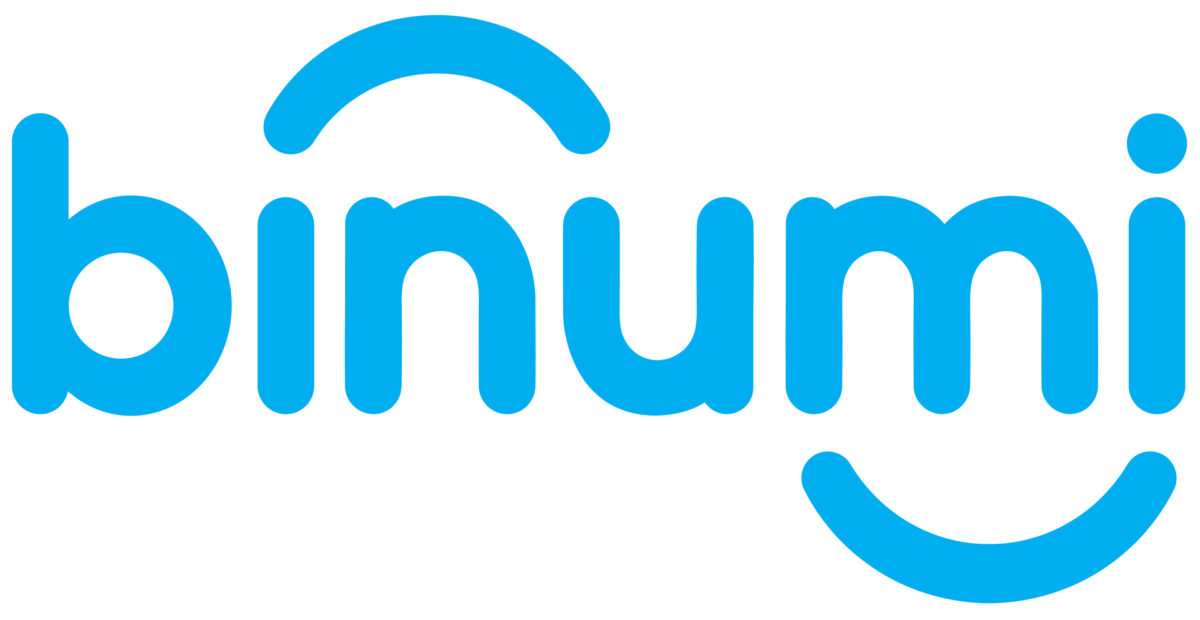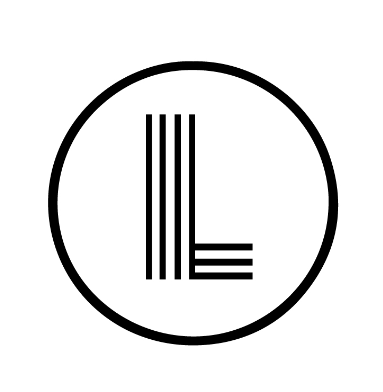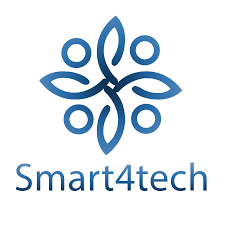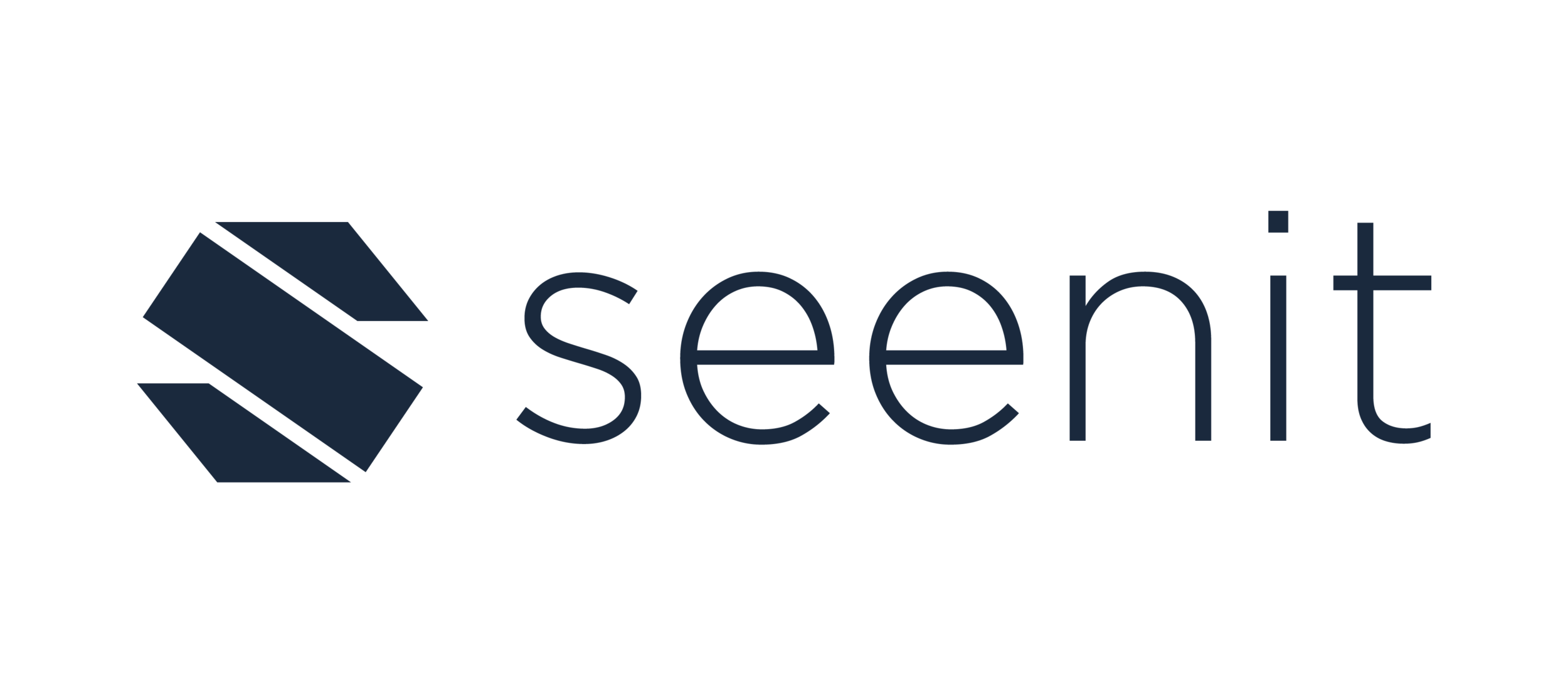Health and Wellbeing Panel - London Tech Week - Rip It Up @ Paddington Works
/Rip It Up, Start Again have partnered with Paddington Works to bring you disruptor stories from some of the most exciting startups during London Tech Week 2019. Hosted by Lulu Laidlaw-Smith, this includes a series of five-minute overview and backstory from entrepreneurs followed by an interactive Q&A, keynote speakers and interrupters.
Health and Wellbeing Panel - Elin Ng, Molvia Maddox, Nina Skorytchenko, Umar Naeem, Amhad
Elin Ng, Salve
Elin is a founder of Salve, an app that helps people understand the processes of fertility and IVF treatments. Around the world, one in seven couples are affected by fertility issues. As these treatments are moving off the NHS and into the private sphere, many UK patients are now left to figure many things out on their own with little support from their doctors. Elin founded Salve after speaking with several clinicians and realising many were having the same problems with their patients — some clinics were getting up to 10,000 calls with non-emergency questions like how to store drugs properly or appointment inquiries. These medical sites were essentially becoming very expensive call centres for questions that weren’t urgent. Elin knew that handling fertility treatment was a difficult task, as some of her friends undergoing treatments were taking up to 21 tablets a day, leaving them feeling overwhelmed and often confused. What was more confusing to Elin was that the technology in the labs was so sophisticated, but when it came to the doctor to patient relationship, things were still pen and paper and not nearly as advanced. Salve gives patients a simple means of managing their treatments and organising their lives around appointments. The app is currently in the UK and Germany, and is also breaking into the NHS. Find out more at https://www.salveapp.co.uk/.
Molvia Maddox, Melting IceCubes
Molvia worked in banking for over 20 years. She loved managing people and projects, delivering change, and helping people learn to adapt to the changing world. At the same time, she was also a mother of five, one of which she noticed to be just a bit different from her other children. As a young child, the doctors finally agreed that something was wrong and diagnosed Krystie with Friedreich's Ataxia, a degenerative disease that would lead Molvia to found Melting IceCubes as a means of helping other people accumulate information and understanding in order to live with their diagnosis and move on with their lives. Having a number of different specialists, but none of them communicating with each other, made things very difficult for Molvia and her family. She wanted to create a platform where people could come together to share stories, gain insights into their conditions from other people who are going through the same thing, and to find professional medical advice that was all centred in one place. The app breaks down barriers and fear by educating and supporting individuals and families. Find out more at https://meltingicecubes.com/.
Nina Skorytchenko, Avenna
Nina is working to reshape the current healthcare system model with her company Avenna, helping diagnose patients early before their conditions even begin to show signs. Taking technology that has been in the labs for around 20 years, she’s bringing it to the public in ways that are accessible and affordable. Why do we only take care of our health after something is wrong? Nina thinks it makes more sense to be proactive with our health, searching for ways to stay healthy and address any issues that might arise even before they happen. Avenna is driven by Nina’s desire to immerse patients in their health, bringing participation and communication back into healthcare, allowing for constructive engagement with doctors. Currently, Avenna’s focus is on fighting chronic inflammatory conditions, which will eventually be linked to 75% of all deaths in the world. Find out more at https://avenna.com/
Umar Naeem Amhad, Abtrace
Up until five years ago, Umar was a successful medical doctor working for St Mary’s Hospital, doing everything he could to be an asset to his community. However, he didn’t feel like he was really doing what he had intended to when he began studying medicine; he felt like he could be doing more. At the same time, the ebola crisis was sweeping across Sierra Leone, pushing him to leave his stable career and head out to volunteer for four months, doing what he could to provide aid to the people in desperate need. He came back to the UK but opted to remain away from the hospital. Instead he began working on a project that was aimed at helping doctors make the best decisions possible, especially when it came to antimicrobial resistance, otherwise known as what happens when people are over-prescribed antibiotics and the bugs become immune. This eventually led to Umar founding Abtrace, a company that has designed a system based on AI that helps intervene to make better antibiotic prescribing, giving doctors the much needed second-opinion to ensure that patients are receiving the most accurate diagnosis and treatment possible. Find out more at https://www.eithealth.eu/abtrace.
Q&A Highlights
What kind of legal challenges could they face when using AI in medical methods?
Umar - “It’s a good question, obviously one we think about all the time. I think, actually, AI is very different, yet it’s not very different because as a doctor I have tests of variable quantity all the time and I don’t have the luxury of having a perfect test for anything that I do. So it is my responsibility to interpret the test and take in the context of other things that are available to me to make that decision.”
Nina - “AI is obviously a very fashionable word at the moment, lots of conversations. Where I think the true solution for all the problems we’re currently facing comes in collaboration. So AI is not necessarily a solution to everything and it’s not about substituting the humans with the tech, it’s about how do you supplement and how do you enhance the clinicians with this tool?”
Elin - “We built basically a patient engagement platform. Patients have a mobile app, basically their own health record, and we talk to clinical systems and then we automate a lot of them for the back offices of the clinic. So if you imagine, a patient will see a doctor for an hour, but what happens in the seven other weeks of that patient’s life? We support that.”
What is their model for collaboration?
Molvia - “It’s really important to us because we don’t feel we’re experts in everything. And so it’s through building the right partnerships with other organisations that is going to give us a rich experience for the user. And it also means we can focus on what we’re at and partner with somebody who is good at something else.”
Where do they feel the governments are in adopting these methods and making them mainstream?
Umar - “With everything, the ambition and the reality are often quite different and that’s not a criticism, it’s just the way things are. I think the nice thing from Abtrace’s point of view is that there’s a lot of potential to be here so people recognise that the regulations need to get up to date quickly to benefit from the value. The NHS is a unique place where we have our data stored in a way that can achieve this and we’re uniquely pleased to benefit from the advantages.”
Nina - “I want to look at it from the business model point of view. So if you are in, let’s say, a very well-funded company, you are part of a big corporation, part of pharmaceuticals, what you obviously do, like in the case of our tech, you go in and you do the marketing, get the nice endorsements and give it to the clinicians – even then, it’s not really guaranteed to be used by them. So we’re a startup and we’re very dynamic and we need to survive as a business, so how we look at and approach it is, ‘Okay, let’s launch our product into an industry where we can use it’, and right now, in wellness industry, especially a lot of people in health, they look at wellness as a little bit like an underlying or undermining industry, but actually that’s where a lot of innovation comes from.”
